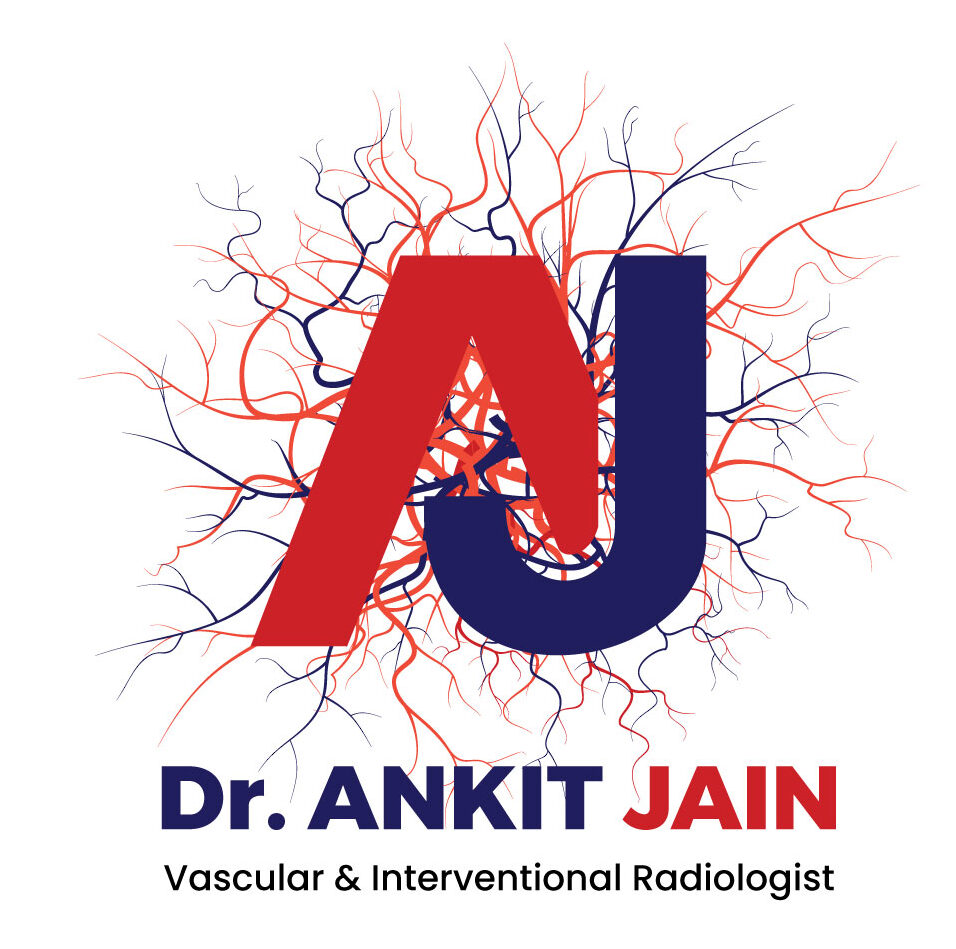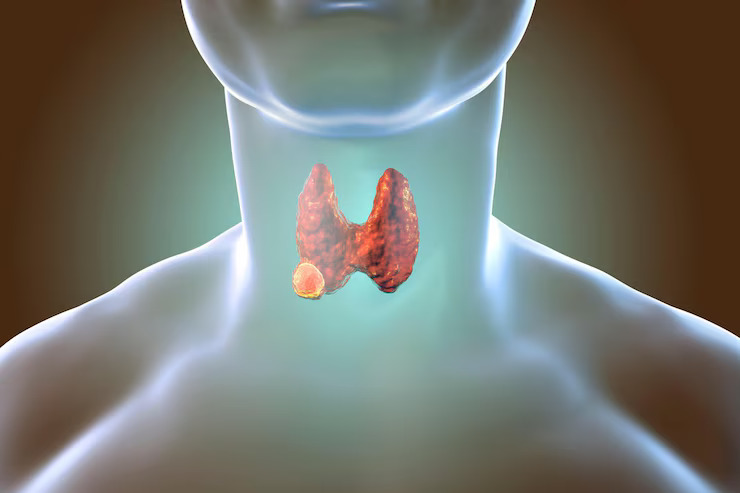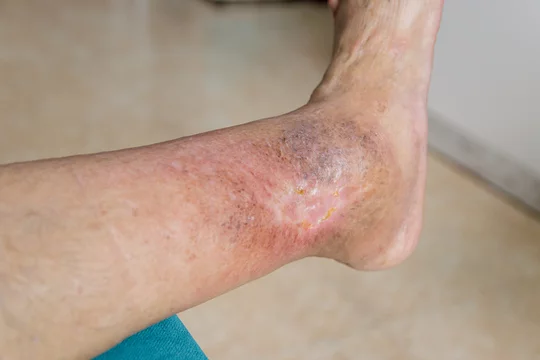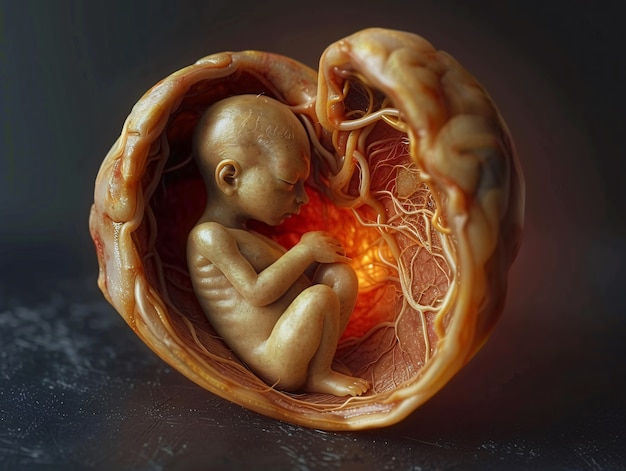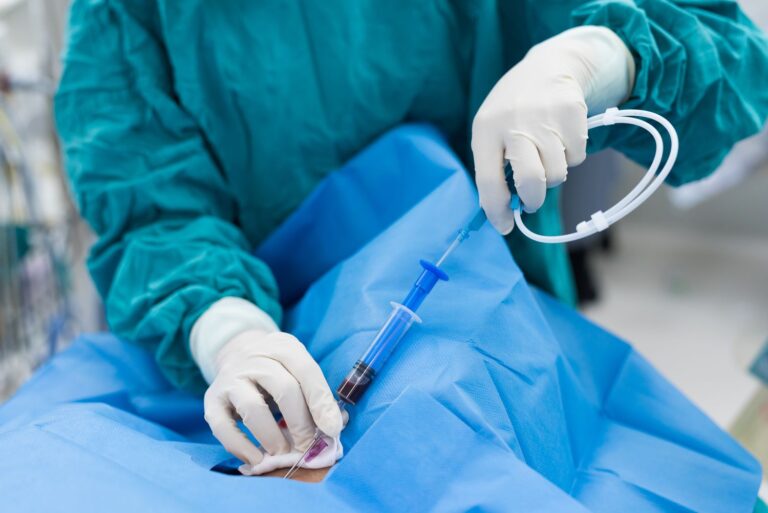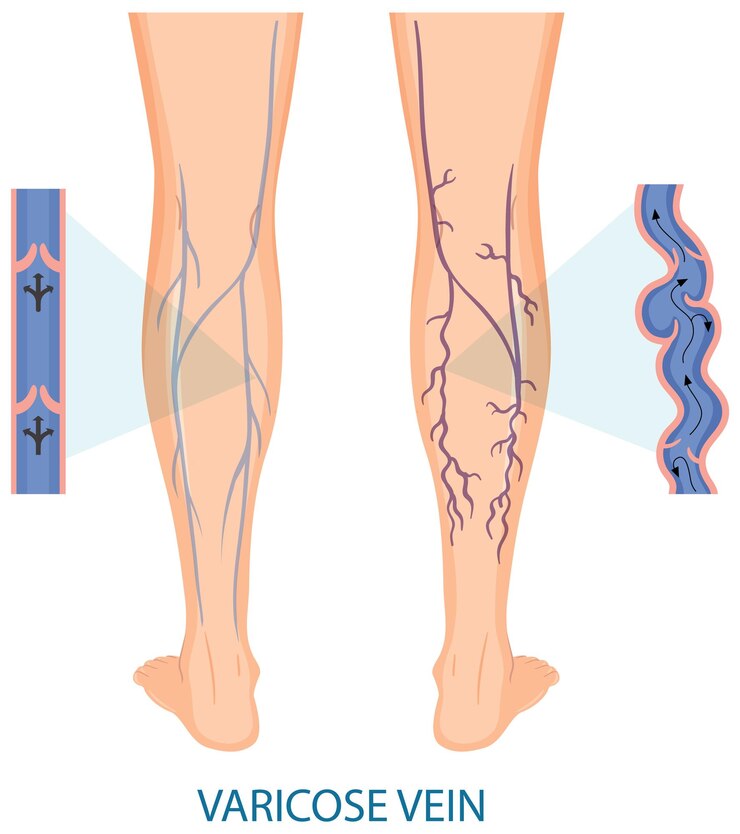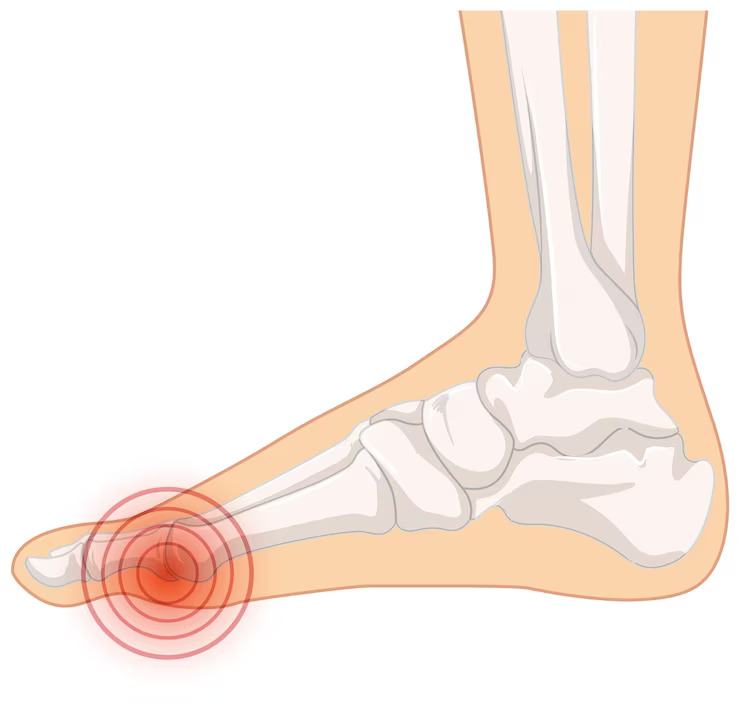Thyroid Nodule Treatment in Sector 79
Thyroid nodules are a common health concern, affecting a significant portion of the population. These growths, which can be solid or cystic, are often detected during routine examinations or imaging studies. While most thyroid nodules are benign, a small percentage can be malignant, necessitating careful evaluation and treatment. Thyroid nodule treatment in Sector 79 offers advancements in medical technology and expert care, such as those provided by Dr. Ankit Gupta, an interventional radiologist, offering patients state-of-the-art diagnostic and therapeutic options.
Understanding Thyroid Nodules
Thyroid nodules are lumps that form within the thyroid gland, located at the base of the neck. They can vary greatly in size and number, with some being so small they are only detected through imaging, while others can grow large enough to be palpated or cause visible swelling.
Symptoms and Diagnosis
Many thyroid nodules are asymptomatic and are found incidentally. However, when symptoms do occur, they can include:
- A noticeable lump in the neck
- Difficulty swallowing or breathing
- Hoarseness or voice changes
- Pain in the neck or throat
To diagnose thyroid nodules, a comprehensive approach is used:
- Physical Examination: Initial palpation of the thyroid gland.
- Ultrasound: High-frequency sound waves create detailed images of the thyroid, helping to determine the nature and size of the nodules.
- Fine-needle aspiration Biopsy (FNAB): A minimally invasive procedure where a thin needle is used to extract cells from the nodule for cytological examination.
- Blood Tests: Assess thyroid function and detect any hormonal imbalances.
- Radionuclide Scanning: Helps to determine whether the nodule is functioning (hot) or non-functioning (cold).
Treatment Options
The treatment of thyroid nodules depends on various factors, including the size and type of the nodule, symptoms, and whether it is benign or malignant. Sector 79 offers several advanced treatment modalities, tailored to the specific needs of each patient.
Active Surveillance
For small, asymptomatic benign nodules, active surveillance is often recommended. This involves regular monitoring with ultrasound and clinical examinations to detect any changes in size or characteristics. This approach minimizes unnecessary interventions while ensuring timely action if there are any developments.
Medical Management
In cases where thyroid nodules cause hyperthyroidism (overactive thyroid), antithyroid medications or radioactive iodine treatment may be used to normalize thyroid function. These treatments help to shrink the nodule and alleviate symptoms.
Minimally Invasive Procedures
Sector 79 is at the forefront of minimally invasive treatments for thyroid nodules, offering procedures such as:
- Radiofrequency Ablation (RFA): A non-surgical technique where high-frequency electrical currents are used to heat and destroy abnormal thyroid tissue. This procedure is particularly beneficial for benign nodules causing symptoms or cosmetic concerns.
- Ethanol Ablation: An injection of ethanol into the nodule to induce necrosis and shrink the tissue. This method is effective for cystic nodules.
- Laser Ablation: Utilizes laser energy to target and reduce the size of thyroid nodules.
Surgical Intervention
Surgery is considered for nodules that are large, symptomatic, suspicious for malignancy, or confirmed as cancerous. The surgical options include:
- Lobectomy: Removal of one lobe of the thyroid gland, typically performed when nodules are confined to one side.
- Total Thyroidectomy: Complete removal of the thyroid gland, usually recommended for malignant nodules or when nodules are present in both lobes.
- Minimally Invasive Video-Assisted Thyroidectomy (MIVAT): A less invasive surgical technique using small incisions and video assistance to remove thyroid nodules, reducing recovery time and scarring.
Advancements in Sector 79
Sector 79 is home to cutting-edge medical facilities and specialists like Dr. Ankit Gupta, who bring the latest advancements in thyroid nodule treatment to the community.
Expertise in Interventional Radiology
Interventional radiologists like Dr. Ankit Gupta specialize in minimally invasive procedures guided by imaging techniques. These specialists play a crucial role in the diagnosis and treatment of thyroid nodules, offering precise and effective interventions with reduced risks and recovery times compared to traditional surgery.
Personalized Care
Patients in Sector 79 benefit from personalized treatment plans tailored to their specific conditions and needs. This approach ensures that each patient receives the most appropriate and effective care, whether it involves active surveillance, medical management, or advanced interventional procedures.
State-of-the-Art Facilities
The medical facilities in Sector 79 are equipped with the latest technology, ensuring high-quality diagnostic imaging and treatment capabilities. This includes advanced ultrasound machines, CT scanners, and equipment for minimally invasive procedures, providing comprehensive care for thyroid nodules.
Conclusion
Thyroid nodules, while common, require careful evaluation and management to ensure optimal outcomes. In Sector 79, patients have access to advanced diagnostic tools and a range of treatment options, from active surveillance to minimally invasive procedures and surgery. With the expertise of specialists like Dr. Ankit Gupta and state-of-the-art medical facilities, individuals with thyroid nodules can expect high-quality, personalized care. Whether benign or malignant, symptomatic or asymptomatic, each case is handled with precision and compassion, ensuring the best possible outcomes for patients. Thyroid nodule treatment in Sector 79 leverages these advancements to provide exceptional care, addressing the needs of the local community effectively.
For any further queries, Plz visit drankitinterventionalradiologist.com
